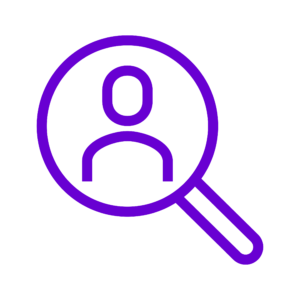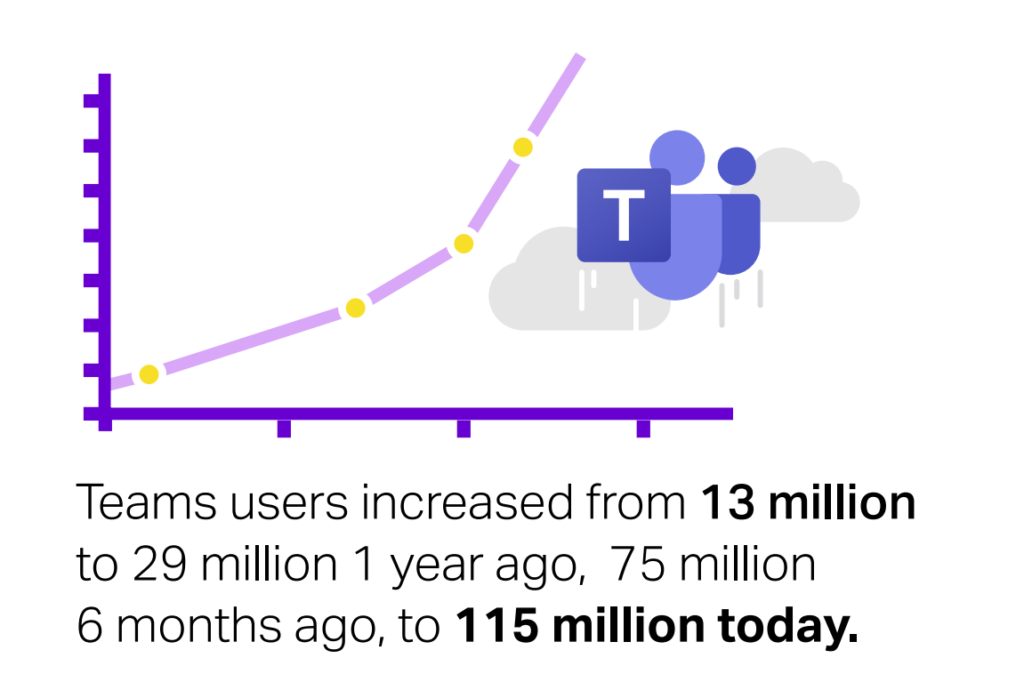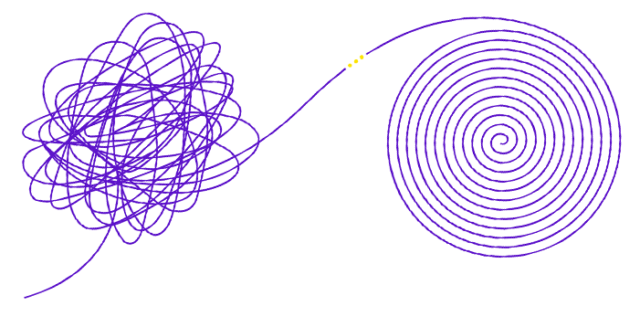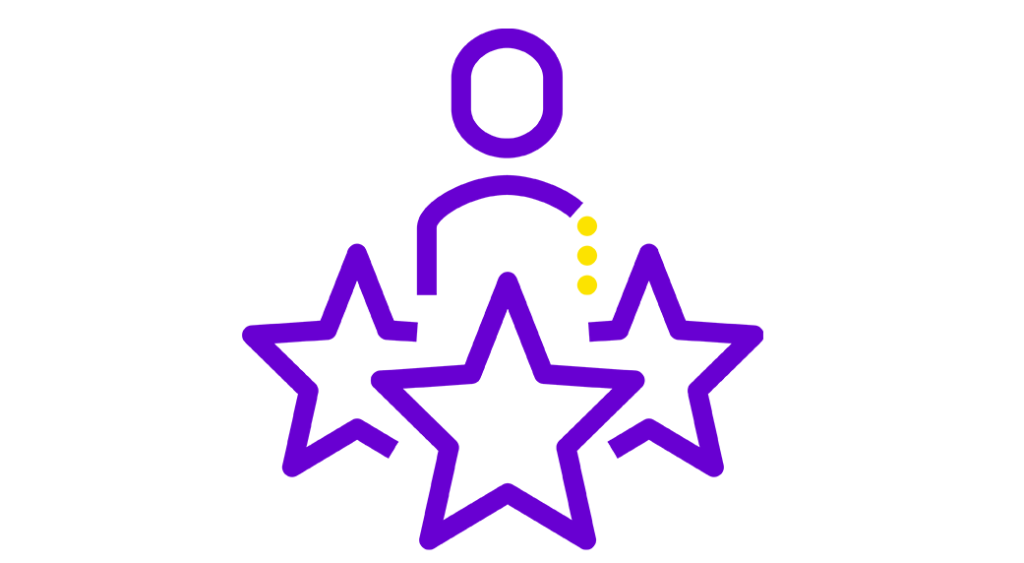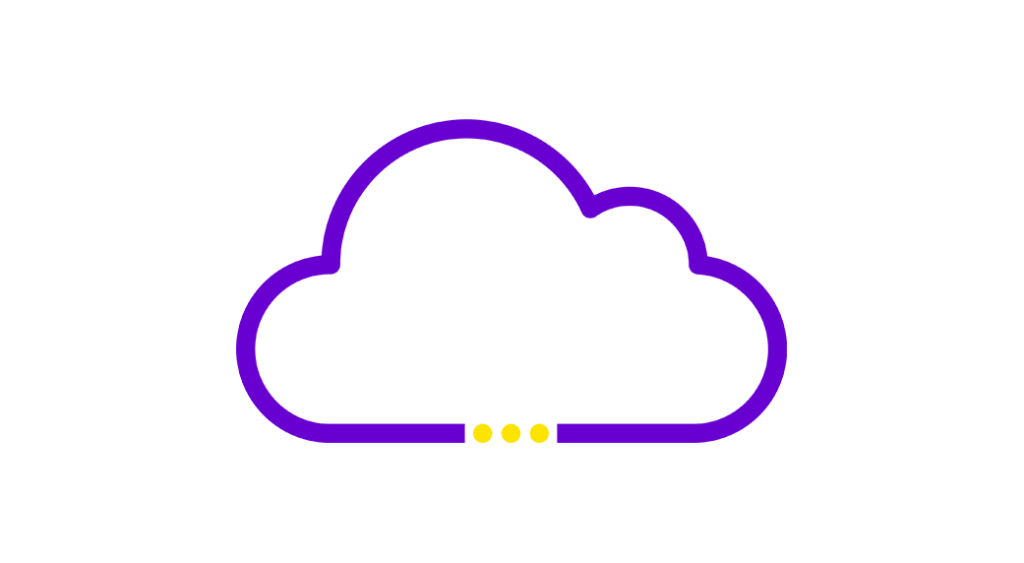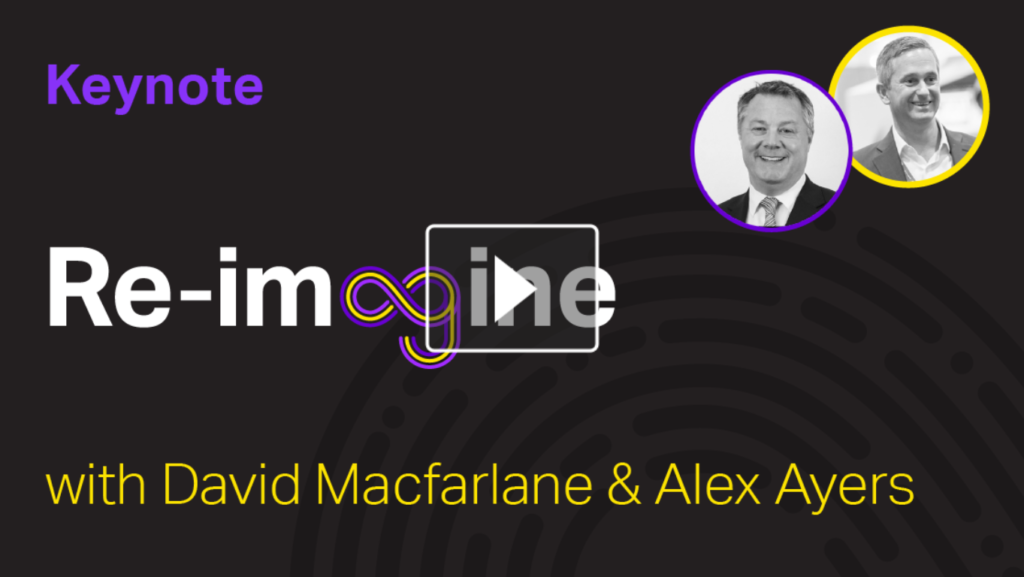When we’re re-imagining the future of work, some lessons are true across the board
The biggest and truest is that there will be no going back to the way we worked pre-Covid. The office as we once knew it won’t return.
We’re all living in a landscape that’s changed irrevocably, and is still shifting. When it comes to the way businesses operate, we’ve all been on the same journey, and no one is exactly sure where we’re going to end up.
We all know the story by now…
The three stages of recovery
Stage one: Revolution
The first stage in the great workplace revolution is a knee jerk reaction to the first lockdown. A rapid systems scramble that saw businesses figuring out how to get people working from home, at scale.
d
Every function, be it sales, customer service, HR or support, needed to be reconfigured. Hastily put together home workstations competed for space and bandwidth with homeschoolers or housemates trying to do the same thing.
Even the best laid contingency plans hadn’t factored ‘global pandemic’ into the mix, so most businesses were figuring stuff out on the fly. Organisations engineered piecemeal remote solutions, and we all learnt as we went along.
It was a time of huge disruption, with all the chaos that you’d expect from an unplanned change programme on a world wide scale. But big crises lead to innovation, and disruption fires creativity.
d
d
‘Big crises lead to innovation, and disruption fires creativity’
Stage two: Consolidation
The second stage evolved from the first; consolidation. As the dust settled there was a period of testing the new systems, learning, and adaptation. How do we capitalise on the response generated innovation?
We saw what was working and tried to solidify it. We struggled with the parts that weren’t performing and tried to ditch them. This period of learning from users and developing new work arounds is a crucial stage in recovery. The organisations who have listened best to the people trying to make the new systems work are the ones who are emerging strongest.
As this period has continued there’s been a shift from making the best temporary solution to tide us over until we’re all back in the office, towards a realisation that we’re never going to go back in the same way again.
And the realisation that the systems we’re building don’t just need to do an effective job of keeping the show on the road and delivering great service to clients, but that they also need to deliver the experience of company culture to people inside the organisation. The systems themselves are helping to redefine what work is.
Stage three: Renewal
The third stage in recovery is a stage of renewal. No longer reacting to an onslaught of external events, a business starts building for a different future.
Taking what it’s learnt through the period of consolidation and figuring out how it wants the organisation to function.
It means answering the big question of ‘how are we going to work together towards the vision.’ And it means creating systems that are robust and flexible enough for a new and utterly changed landscape.
Whatever stage you’re in, you know that you won’t be returning to the way you used to work. This isn’t a hiatus between periods, it’s a redrawing of the whole working landscape.
And without a return to every day, face-to-face contact between people, we’ll need new work patterns and a new set of beliefs around what work is and what it isn’t.
The new systems we create will have to do the heavy lifting of serving customers AND delivering company culture. They’ll enable people to get the job done, and they’ll deliver the experience of work itself.
d
d
So, what factors do we need to take into consideration?…
Five questions to shape your work future...
1. What about the office?
The longer that we spend away from them, the stranger the idea of the pre-Covid office becomes to us.
Thousands of people commute many miles each day to sit side-by-side and work on screens in the same building between the hours of 9 – 5, and then travel home again. Offices already feel like a relic from a previous era. Like the giant factories that sprung up during the Industrial Revolution, we created law factories, and accountancy factories, and insurance factories. Work was somewhere you went.
The first lockdown exposed the absurdity of everyone needing to be in the same physical space in order for work to happen. Most of us managed to work from home in some way or other.
From our own experiences, internal staff surveys showed that when the first lockdown happened in March, everyone wanted to get back to the office as soon as possible. By September, the mood had shifted. People were getting used to the flexibility of being able to work from home.
In this new landscape, work is something you do, not somewhere you go. We’re realising which part of the work experience requires us to be face-to-face with people, and which don’t. We’ve realised the importance of those serendipitous water cooler conversations for sparking creativity, the joy of office in-jokes.
We love the office for all the bits that make work enjoyable and purposeful, not for the work itself. Offices will return, but they’ll be different. Organisations will recreate their own new versions of places where some of the elements of work happen.
“Offices will be turned into very large coffee shops. Somewhere you touch down, collaborate, engage with your team and your peers. Flexible working will drive the space in a different way.” CEO, Barclays Bank
2. How will people work?
With so much of the business of work now existing in the cloud, an office is just a cohort of people’s locations in one place. Flexible working will change the way we layout and configure those spaces.
We’ll need safe spaces to collaborate in short bursts, not spaces divided into work stations where we can keep our heads down for seven hours a day. Not all of the people will be there for all of the time. Individual cohorts want different things.
Remote first won’t be everyone’s first choice. Your sales team might have found it much easier to write tenders or proposals at home than they do in the office. And they’ll probably relish the time saved on commuting. And people will have different interpretations of what tools they need to work remotely.
Some people want an app, some want a phone. There’s a general drift in the way of remote but it’s a broad set of needs. We’ll need a reason to get together again all under one roof. The office will be a place for the kind of meetings you can’t do on Zoom, to socialise, to brainstorm, to chat to your team.
Working remotely needs to be a secure option for everyone. We all want the tools and systems at our fingertips, so we can work from anywhere, at the times we choose.
The future of work is remote-first, but that doesn’t mean remote-only. Smart organisations are rebuilding for flexibility; giving people the tools to work from anywhere and a reason to go back to the office.
3. How will we assure productivity?
Still a work in progress for most organisations. There were hundreds of reasons why working from home took a lot of getting used to, and productivity was hit.
Although many organisations discovered the impact was less than they might have imagined, work still got done. Released from a culture of presenteeism, people managed tasks despite all the distractions. In some areas, productivity went up rather than down. But is this feasible in the long term? For example, how would a new recruit learn how things get done?
Without work culture, strong leadership and peer support, can we expect people to stay motivated and on task when they’re essentially working in isolation? That’s where listening to how people want to work comes in. It’s putting the lessons learnt during the second phase of the recovery to good use. Understand what people need to do a good job, and build a system that’s flexible enough to deliver it.
Great communication becomes more important than ever if we want people to stay motivated while working remotely. When people are working alongside one another it’s far easier to stay on task.
Which is why new systems must be able to deliver all the ‘being productive’ cues and supports that a good team leader does. Keeping people productive means building more humanity into work systems.
5. Are our systems able to deliver the flexibility we need?
Change is the only guaranteed constant for the months ahead. Lockdowns, whether national or local, are likely to be a way of life for a while yet.
Your system needs to allow for the majority of people to work from home, at least some of the time, for the foreseeable future.
You’ll want a system that will allow you to reconfigure the office as a different kind of work place. A system that understands the complex nature of what work and working mean to different people; that delivers structure as well as serendipity, communication and human connection.
Managing what’s next will be a case of understanding the experience of work in its broadest sense. Building a system that allows people both to do what’s needed from anywhere – tools, methodologies, workflows – and to feel connected, wherever they are – face to face connection, listening, feedback
What next?...
Watch: Re-imagine keynote session
In a time when radical and rapid change looks to reshape our cultures even further, our GX Summit keynote session reflects on the decisions to be made about the future of work.
David Macfarlane, Managing Director and Alex Ayers, Sales Director of Direct dive into why they believe you don’t need to reinvent the wheel, and why some decisions are more about realigning what you have. Watch our this virtual webinar and ready your business for the future as we head into a new era of work.
This virtual webinar is hosted in our GX Summit content hub, a home for our insightful, expert-led webinars and keynote sessions from both our annual Summit and quarterly GX Lite events.
Already registered? Head straight to the hub and catch up here.
Virtual Event
Watch: Available on demand (simply register below)
Speaker: David Macfarlane, Managing Director and Alex Ayers, Sales Director
